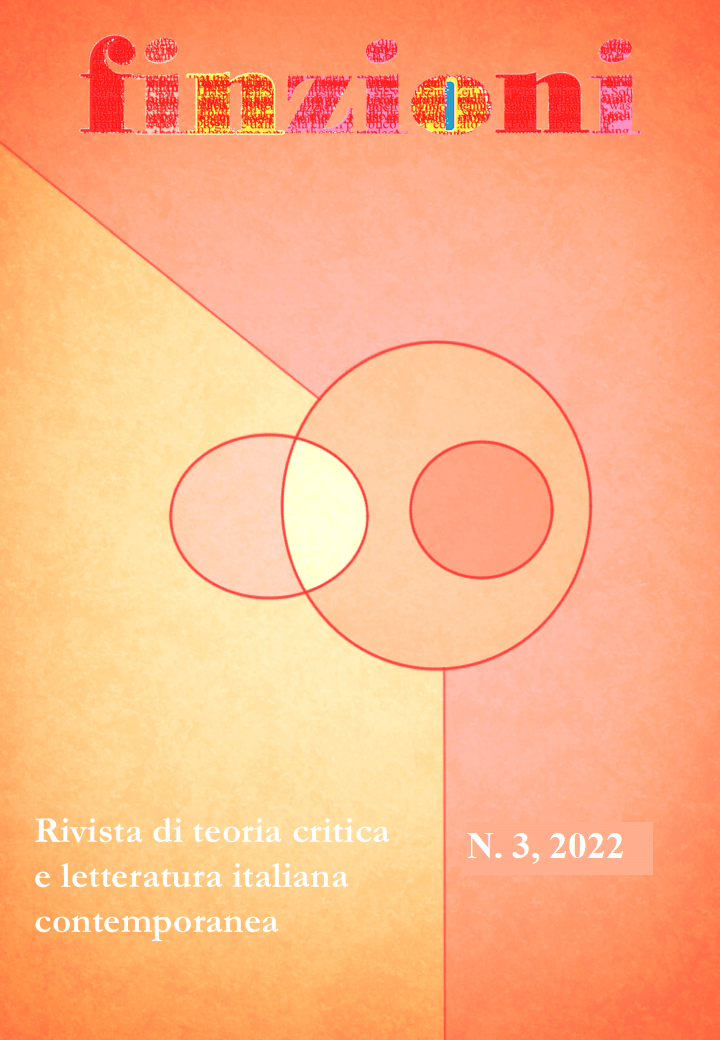«Le voci ingenue del principio». Orality as the language of origins in Elsa Morante’s work
DOI:
https://doi.org/10.6092/issn.2785-2288/15615Keywords:
Morante, Narrative, Origins, Orality, VoiceAbstract
This paper focuses on the oral component in Elsa Morante’s writing, in order to interpret it as a form of representation of the origins. The reflection starts from the theoretical recognition of a twentieth-century conception of origins, according to which the quest for an original dimension is essentially developed in the realm of language and poetry. In this view, the numerous references to an oral and prelogical phase of language that pervade Elsa Morante’s works are interpreted as the remnant of a language of origins. Making use of the cross-cutting perspective of thematic criticism, this study investigates the forms of expression and meanings of orality in Morante’s literary path. From the ‘phantom of vocality’ staged by Menzogna e sortilegio to Nunziata’s corporeal and maternal language on L’isola di Arturo, up to the Useppe’s oral poems and Aracoeli’s lullabies, the orality of origins constitutes a poetic and, since the 1960s, an ideological thread too, invoked by the writer to shake the cornerstones of the expressionless and monotonous language of Western history.
Downloads
Published
How to Cite
Issue
Section
License
Copyright (c) 2022 Alexandra Khaghani

This work is licensed under a Creative Commons Attribution-ShareAlike 4.0 International License.





